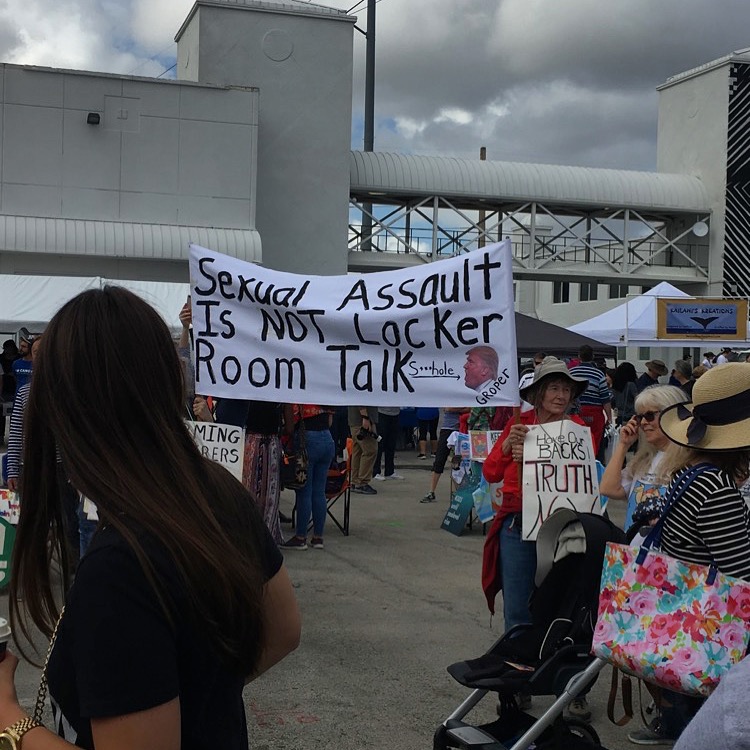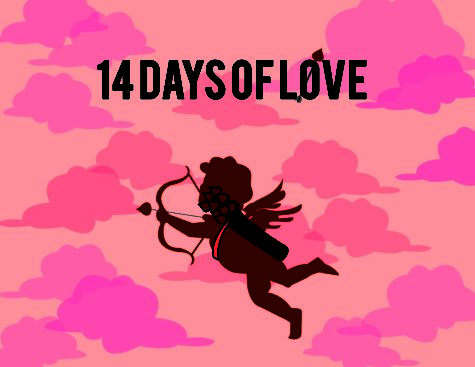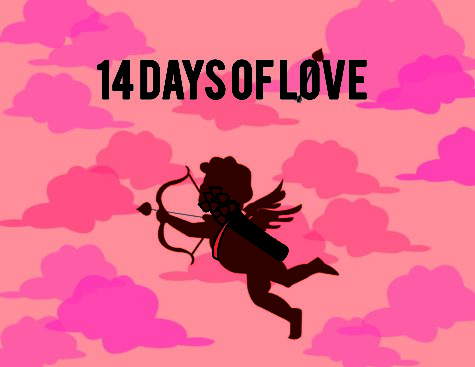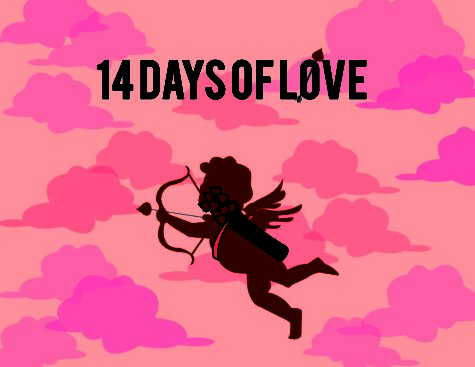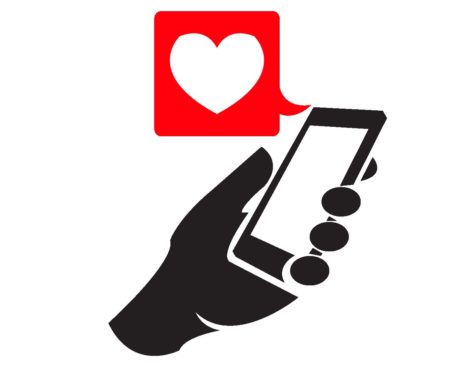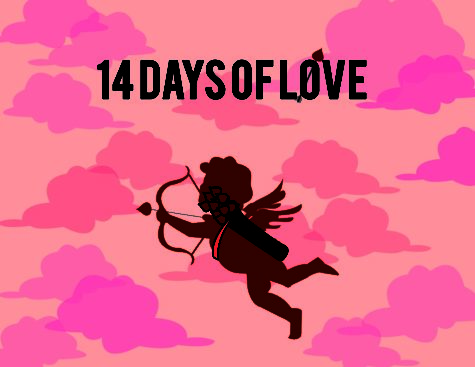Day 3: #MeToo Among Generations
Shared experiences regarding sexual harassment transcend generations, but the ability to publicly vocalize these concerns is something only younger generations have access to.
The #MeToo movement gave victims of sexual harassment the microphone in mainstream media. The momentum, which stripped men and women in powerful positions of their jobs and reputations, paved the way for a long-awaited conversation. As the movement continues, the differences in how the movement is perceived highlights the intergenerational divide, particularly between the second-wave feminists of the 1960s’ and 1970s’, millennials and X, Y, Z generations.
According to the Washington Post, younger women generally feel more compelled to speak out about sexual harassment as opposed to their older counterparts. A poll by NBC News found that 78 percent of women among ages 18-49 believe sexual harassment happens in almost all or most workplaces, while only 64 percent of women ages 50 and older agree with that statement.
“[Sexual harassment] is something in the past that people overlooked or diminished. But I think that every woman who reaches my age has a story about being harassed in some way. It could be big or it could be small,” biology teacher and feminist active in the 60s and 70s Ann Nelson said. “I think it’s important and I think it’s really progress that light has been shed on this and that women now feel like they can come forward.”
The continued attitude of brushing incidences under the rug, labeling women who come forward as liars and problems to be silenced is just now starting to be widely challenged. New expectations in terms of dating and sexual ethics are beginning to emerge, as seen when a woman who identified herself as “Grace” came forward and described how her sexual encounter with Aziz Ansari left her feeling violated, according to the Washington Post. According to Grace, Ansari ignored her body language and words, and continued to pressure her into sex.
While older women suggested that Grace should have been more assertive, younger women stand on Grace’s side, and believe that the blame falls on Ansari for not heeding her words and signals, according to the Washington Post.
“My first job that I first got, the first day, this guy starts flirting with me and starts telling me he’s going to make out with me in the fridge, and it’s weird,” senior and vice president of the Palmetto Women’s Union Alessia Guzman said. “[Sexual harassment] is a bad thing obviously, but it is nice to know that it happens to lot of people. It’s not just me, and I’m not alone. It’s not my bad luck. It is something that is systematic.”
A Pennsylvania State researcher found that the generation of baby boomers often declined to report sexual harassment or rape. The term “sexual harassment” was not coined until 1975 or brought into mainstream media until 1991 when Anita Hill testified against Supreme Court nominee Clarence Thomas for years of repeated, rejected advances and inappropriate conversations.
In reality, the backlash against the #MeToo Movement cannot be neatly defined as a generational divide because not all people from the same generation grew up with the same ideals or had the same upbringing. Regardless of backlash, the #MeToo movement has the potential to alter the predatory work environment millions of women have known throughout history.

Allessandra Inzinna is a senior and senior copy editor of The Panther. This is her third year on staff and she looks forward to helping improve her own...



